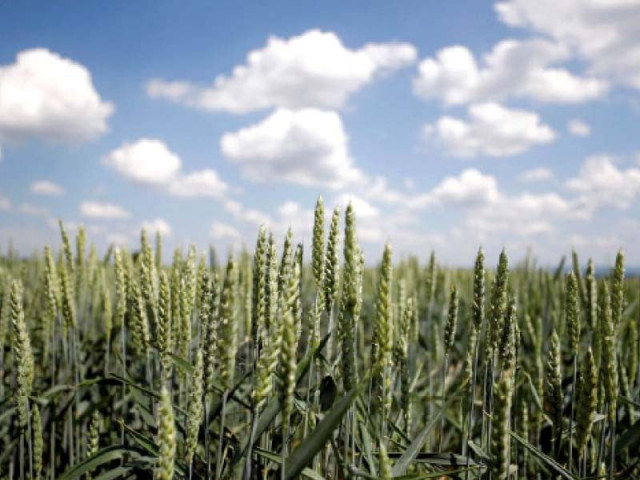Flagship ecological project in limbo
Government officials and analysts agree that securing this financing is "highly unlikely,"

Pakistan's flagship ecological project is in jeopardy as a lack of international climate financing collides with financial troubles at home, exacerbating the nation's struggles with water shortages and food security risks.
As one of the top 10 countries vulnerable to climate change, Pakistan requires a staggering $17 billion investment to execute the "Indus Living Initiative," which aims to revive the mighty Indus River, the backbone of the country's agriculture and food production.
Government officials and analysts agree that securing this financing is "highly unlikely," primarily due to unfavorable global economic conditions.
Launched in 2021 under the Ministry of Climate Change, the initiative is envisioned as a 10- to 15-year umbrella program focused on restoring the ecological health of the Indus Basin within Pakistan.
"Pakistan is facing significant hurdles in securing climate financing for critical projects like the Living Indus due to multiple reasons, mainly the global economic conditions," said Saad Hayat Tamman, a former national coordinator of the Living Indus project.
Speaking to Anadolu, he noted that the COVID-19 pandemic, coupled with inflation, rising energy costs, and economic uncertainty, has reduced the availability of climate finance globally.
To complicate matters further, he added, Pakistan's existing economic struggles - such as high debt levels, fiscal deficits, and currency devaluation - have raised concerns for potential lenders and donors.
"This project is very crucial for Pakistan because the Indus River sustains 90% of the country's population, supports over 80% of its agriculture, and provides water to nine out of 10 largest cities," maintained Tamman.
Echoing this sentiment, Hussain Jarwar, an Islamabad-based water expert, emphasized the river's vital role in the country's food security, water availability, and economic stability.
"Living Indus is a significant initiative to rehabilitate the Indus Delta, which is dying due to climate change, water scarcity, and sea intrusion," he told Anadolu.
Competition for funds and administrative complexities
'Debt trap'
The project encompasses 25 critical interventions aimed at restoring and preserving the ecological health of the Indus River Basin.
Key initiatives include ecological restoration through reforestation, water management, and biodiversity conservation, sustainable agriculture and water governance to address soil degradation and water scarcity, flood control and groundwater recharge through green infrastructure, as well as initiatives like zero plastic waste cities and urban forests.



















COMMENTS
Comments are moderated and generally will be posted if they are on-topic and not abusive.
For more information, please see our Comments FAQ